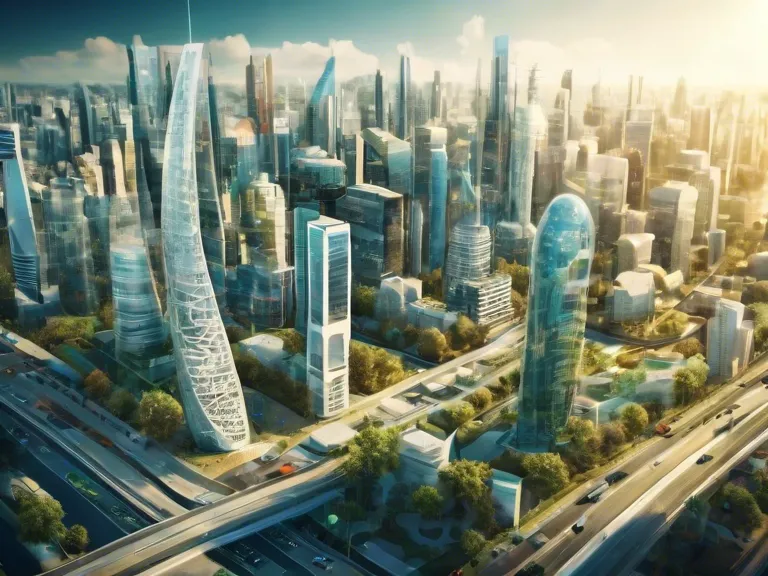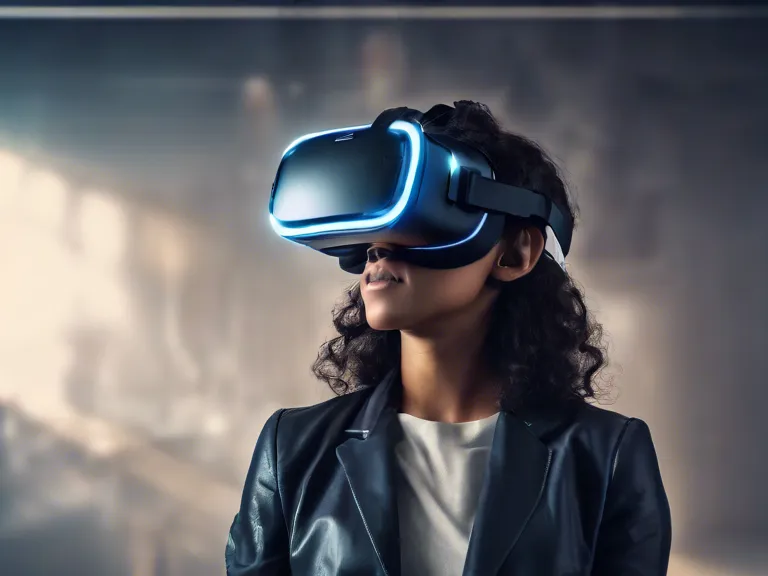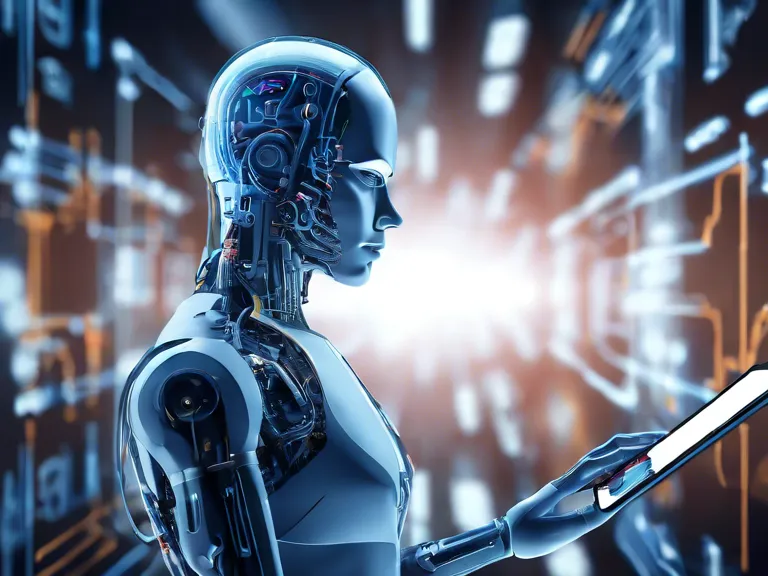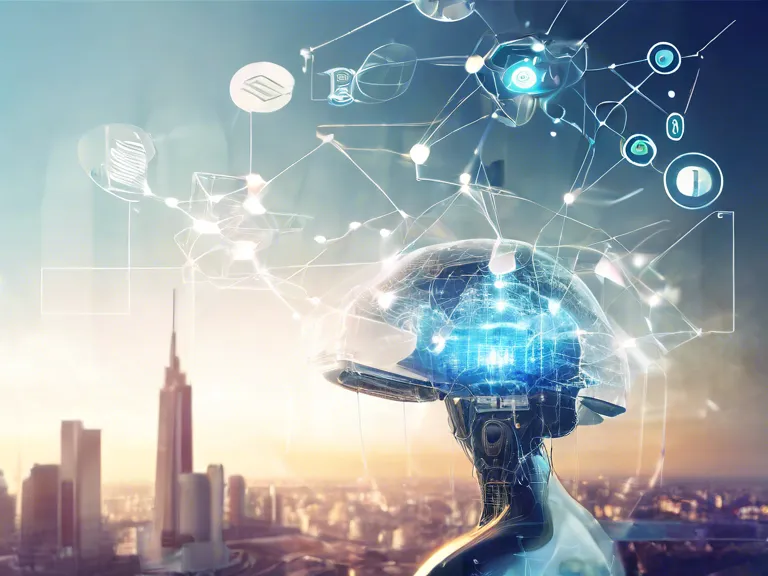
In recent years, the concept of smart cities has gained significant momentum as urban populations continue to grow and technologies become more advanced. Smart cities utilize the Internet of Things (IoT) to improve efficiency, sustainability, and the overall quality of life for residents. This intersection between IoT and urban planning is paving the way for a more sustainable future.
One of the key components of smart cities is the integration of IoT devices and sensors into the urban infrastructure. These devices collect data on various aspects of city life, such as traffic patterns, energy usage, air quality, and waste management. This data is then analyzed in real-time to make informed decisions that can optimize city operations and improve services for residents.
By using IoT technology, city planners can create more efficient transportation systems, reduce energy consumption, and better manage resources. For example, smart traffic lights can adjust their timing based on real-time traffic data, leading to smoother traffic flow and reduced congestion. Similarly, smart energy meters can help residents monitor and reduce their energy usage, leading to cost savings and a lower carbon footprint.
In addition to improving efficiency, smart cities focus on enhancing the quality of life for residents. For instance, IoT devices can be used to monitor air quality levels and provide alerts when pollution levels are high, enabling residents to take precautions to protect their health. Urban planners can also use IoT data to design green spaces, bike lanes, and walkable neighborhoods that promote physical activity and community engagement.
Overall, smart cities represent a shift towards a more sustainable and interconnected urban environment. By harnessing the power of IoT technology, cities can become more efficient, resilient, and livable for their residents. As technology continues to advance, the possibilities for smart cities are endless, offering new ways to address the challenges of urbanization and create a better future for all.



